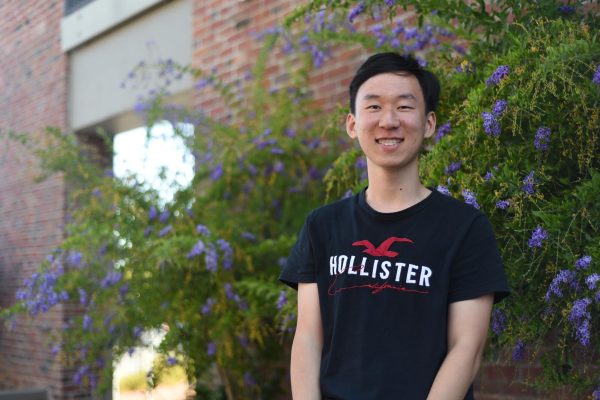The Fremont Education Association (FEA), the union representing FUHSD teachers, approved a new salary schedule for teachers on March 29, outlining teachers’ salaries based on the number of years they’ve taught and the amount of professional development units they earned. The new schedule dictates a 10% increase for teachers’ salaries across the district and applies retroactively, meaning salaries from the start of the school year are also included in the raise.
According to FEA President Carley Stavis, when the district has extra revenue, the money is split between teachers, administrative staff and non-certificated staff — custodians, aides, clerical staff, etc. Each of those groups belong to their own bargaining unit, or union, and they internally decide what to do with their allocated revenue. This time the FEA decided to use the revenue on the 10% pay raise.
Stavis says declining enrollment during the previous school year led to fewer programs across FUHSD, which in turn led to excess revenue. Since the total amount of money FUHSD has stays approximately constant, with fewer programs they have more money to distribute to each respective union.
“I would think about it like a pie,” Stavis said. “If the revenue is the pie, that pie is divided into three not equal parts that we have decided the percentages of, and those percentages are attached to the different bargaining units. So the FEA is 66% of that revenue pie. And then the other two bargaining units have their own percentages of the 34% that’s remaining.”
The FEA vote on how to use the extra revenue was split between two options — one to increase salaries by a fixed amount and one to increase salaries by a percentage amount. After the percentage option won in a vote by FEA members, the new pay schedule came into effect through the FUHSD business office. According to Economics teacher and FEA member Scott Victorine, roughly 70% voted for the percentage amount and 30% voted for the block amount. Victorine says the block amount would benefit solely new teachers, whereas the percentage amount would benefit teachers who have been at MVHS for longer.
Regardless of the voting outcome, the pay raise was well received by teachers. For instance, Stavis believes the teaching profession has historically been underfunded, taking into account the level of education required to become an educator. She says people with a similar level of education who choose different professions would have more opportunities to have a raise in the course of their career. Math teacher and FEA member Alan Wong agrees that the pay raise will help the district in recruiting teachers.
“If you look at all the districts in the area, if you’re a new teacher looking for a job in a certain district, definitely part of the decision making is going to be based on your salary,” Wong said. “And so, if one district has a higher salary or is consistently giving pay raises to teachers versus another, I think that’s definitely a big advantage to want to go to a certain district over another.”
As the daughter of two educators, Stavis has been a lifetime advocate for higher wages for teachers. In contrast to other school districts, a revenue-sharing district like FUHSD allows for less conflicts between teachers and the district office over wages, Stavis says. She also acknowledges that revenue sharing gives teachers a reason to stay in the district.
“One of the things that keeps teachers around is feeling supported and respected by the pay that they’re getting, relative to the immense amount of work that they’re always doing on behalf of students,” Stavis said.
Victorine echoes Stavis’ sentiment that the revenue sharing aspect helps retain FUHSD’s teachers. He adds that ever since he started his FUHSD career in 2010, the salary benefits that come with being a veteran teacher have made things “a lot better off.” Having these perks is an aspect that Victorine attributes to the FEA union being willing to negotiate and advocate on behalf of the teachers.
“I think it’s a real positive for teachers, especially when you consider things like cost of living in the area,” Victorine said. “Historically, we’re fortunate enough to be in a district where they take pretty good care of us financially.”












